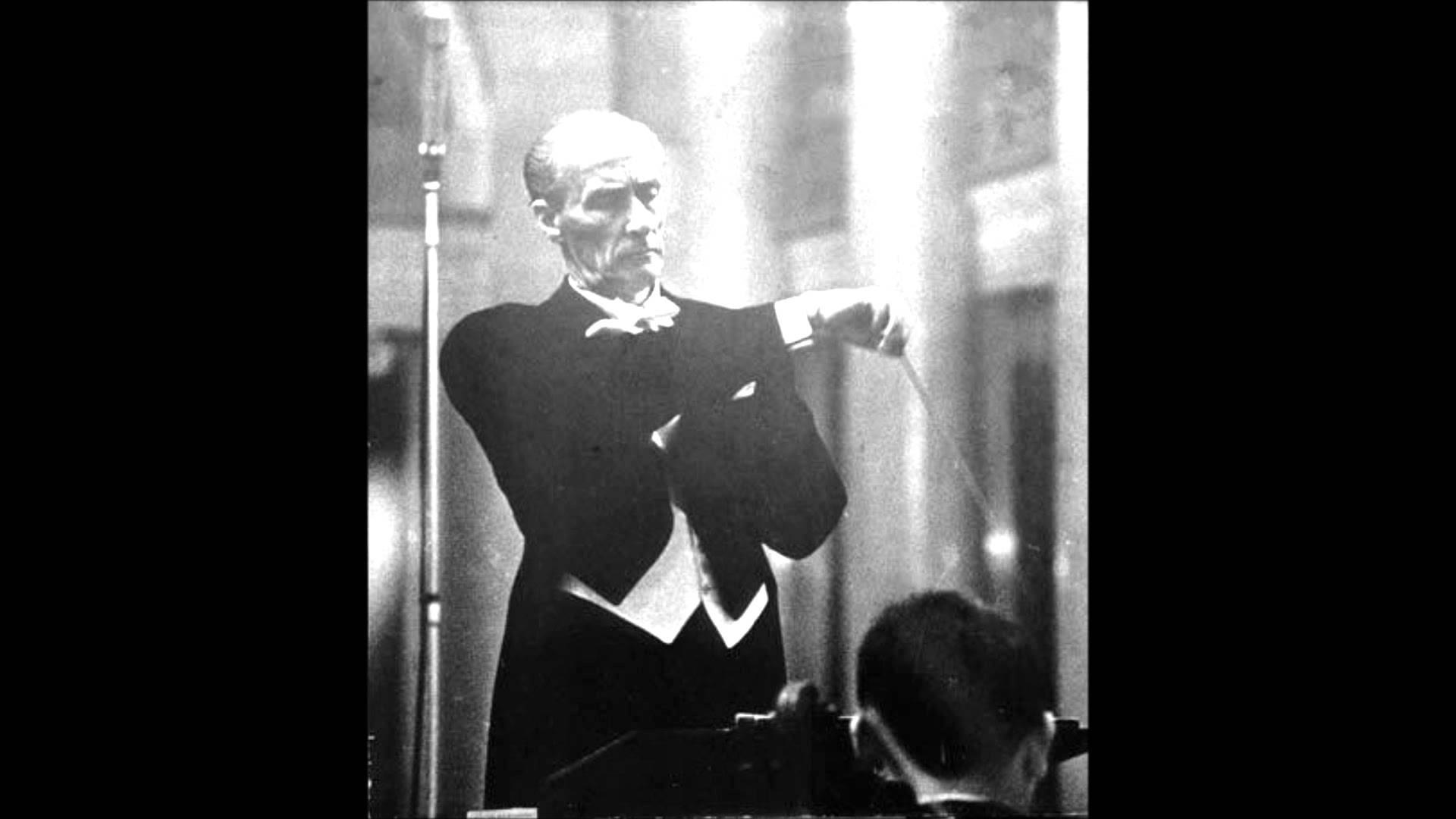Watch: Mravinsky loses it
mainThe Leningrad conductor has a bad day.

The Leningrad conductor has a bad day.
The leading Mexican conductor Enrique Batiz died yesterday…

We hear that two string players in the…

The London Philharmonic Orchestra has appointed Jesús Herrera…

From the Santa Fe New Mexican: Charles MacKay,…

Session expired
Please log in again. The login page will open in a new tab. After logging in you can close it and return to this page.
Comments